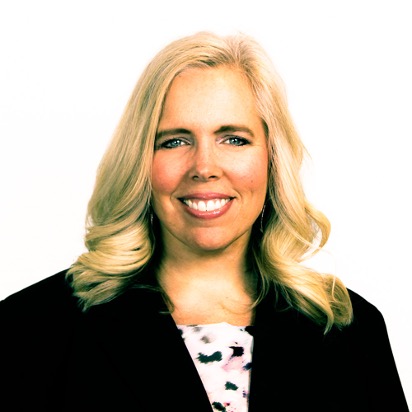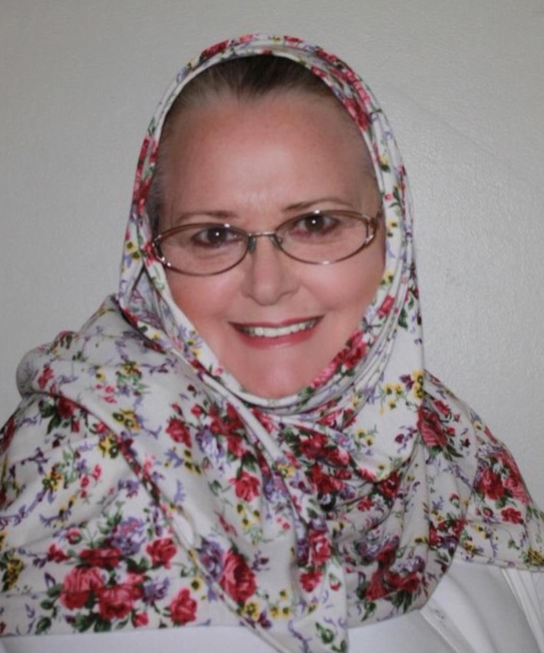From Development to Success: Integrating the Lived Experience in Crisis Response
Peers, people with disabilities (self-advocates), and people who live with behavioral health needs are essential to the operations of any service delivery system. From systems planning and development, to providing services and support, their firsthand knowledge and experience is invaluable. Crisis response models and related training, such as Crisis Intervention Teams, police-mental health collaborations, Pathways to Justice, and the Crisis NOW model, emphasize the importance of including people with lived experience to maximize and ensure program success. During this session, you will hear from communities that are working to include people with lived experience and disabilities in all aspects of their work. These communities are prioritizing peers and self-advocates for roles in leadership, incorporating their lived experience into training and service provision, and supporting and sustaining the involvement of peers, self-advocates, and others with lived experience.

Shannon Scully, Sr. Manager of Criminal Justice Policy, National Alliance on Mental Illness (NAMI)
Shannon Scully is the senior manager of criminal justice policy at NAMI, where she serves as a subject matter expert on criminal justice/mental health policy. In this role, she oversees NAMI’s work on criminal justice policy, researching and analyzing administrative and legislative policies related to the justice system’s response to people with mental illness. She also provides technical assistance to NAMI affiliate organizations on best practices for implementing programs that support criminal justice reform. She received her MA in public policy from American University.

Leigh Ann Davis, Director of Criminal Justice Initiatives, The Arc
Leigh Ann Davis is director of criminal justice initiatives at The Arc of the United States where she oversees the National Center on Criminal Justice and Disability® (NCCJD®). With 25 years of experience working at the intersection of developmental disability and criminal justice, she envisioned and secured funding to create The Arc’s NCCJD that has grown to include a broad portfolio of federal and foundation-funded projects focusing on both victim and suspect/defendant issues since launching 8 years ago. She also oversaw the development of NCCJD’s signature training tool for law enforcement, legal professionals, and victim service professionals (Pathways to Justice®) and works at both the national and international level to create inclusive justice for all. Davis holds a BSW, an MSSW, and an MPA from the University of Texas at Arlington.

Charles Browning, Chief Medical Officer, RI International
Dr. Charles “Chuck” Browning is the chief medical officer of RI International and medical director of Behavioral Health Link. He has devoted his career to improving the systems and care experience for our mental health needs. He has held leadership positions in public and private systems of care, including crisis system care, assertive community treatment team, a rural community behavioral health care company, and opioid treatment programs. Dr. Browning has also practiced in NC prison psychiatric system and his own private practice. He has special interests in promoting several thought leadership initiatives in collaboration with RI International, including SAMSA’s National Tool Kit for Behavioral Crisis Care, Crisis Now, Zero Suicide, Peer 2.0, and The Fusion Model. Dr. Browning graduated from North Carolina State University, University of North Carolina Chapel Hill Medical School, and completed his internship and residency at University of North Carolina.

Robyn Burek, Portland Street Response (PSR)
Robyn Burek is the program manager for Portland Street Response in Portland, Oregon. She’s brought over a decade of experience from both the mental health industry and local government to design and build out Portland Street Response. Burek oversees the team development process from recruitment to onboarding. She also develops policies and protocols; creates and maintains the program’s budget; is responsible for finding external revenue streams and support; communicates with community stakeholders, elected officials, and media; and is in the process of getting Portland Street Response ready for citywide expansion in 2022. Burek holds a BA in psychology from the University of New Mexico, an MA in counseling from Oral Roberts University, an MBA from the University of Tulsa, and a post-graduate diploma in organizational leadership from the University of Oxford.

James Meadours, San Antonio Board, Texas Advocates
James Meadours is a nationally recognized civil rights and sexual assault prevention activist in the self-advocacy movement. As a young adult, he quickly became a rising star and respected leader in the self-advocacy movement, but it wasn’t until later in life that he started speaking out about sexual violence. As a survivor of a number of sexual assaults throughout his life, his new mission is to educate society about the high rate of sexual violence in the disability community. He presents at local, state, and national conferences; rape crisis centers; to disability and child advocates; and law enforcement about this critical topic. He provides consultation on related projects to federal agencies and nonprofits, like the Vera Institute of Justice. He also serves on The Arc’s National Center on Criminal Justice and Disability’s (NCCJD®) National Advisory Committee. In 2017, he was awarded the prestigious Lifetime Achievement Award by The Arc of Tulsa, and he also received The Arc of the U.S. 2018 Self-Advocate of the Year Award in Nashville, Tennessee.

Lisa St. George, Vice President of Peer Support and Empowerment, RI International
Lisa St. George, MSW, CPRP, CPRSS, Vice President of Peer Support and Empowerment at RI International has been instrumental in the planning, development, and start-up of a wide range of peer-run programs since September 2000. An expert in developing a recovery focus in behavioral health settings; she has provided training, consultation, and program development for behavioral health systems as far away as the United Kingdom and New Zealand. Lisa has unending belief in the intrinsic courage, wisdom, and strength of people served by behavioral health systems. A social worker for 40 years, her career path has included childhood oncology, child protection and welfare, family wellness, and teaching at the Arizona State University School of Social Work. She has written books, articles, and developed many tools, that support person–directed mental health care. She shares her lived experience and education in a way that inspires hope in people as well as systems of care.

